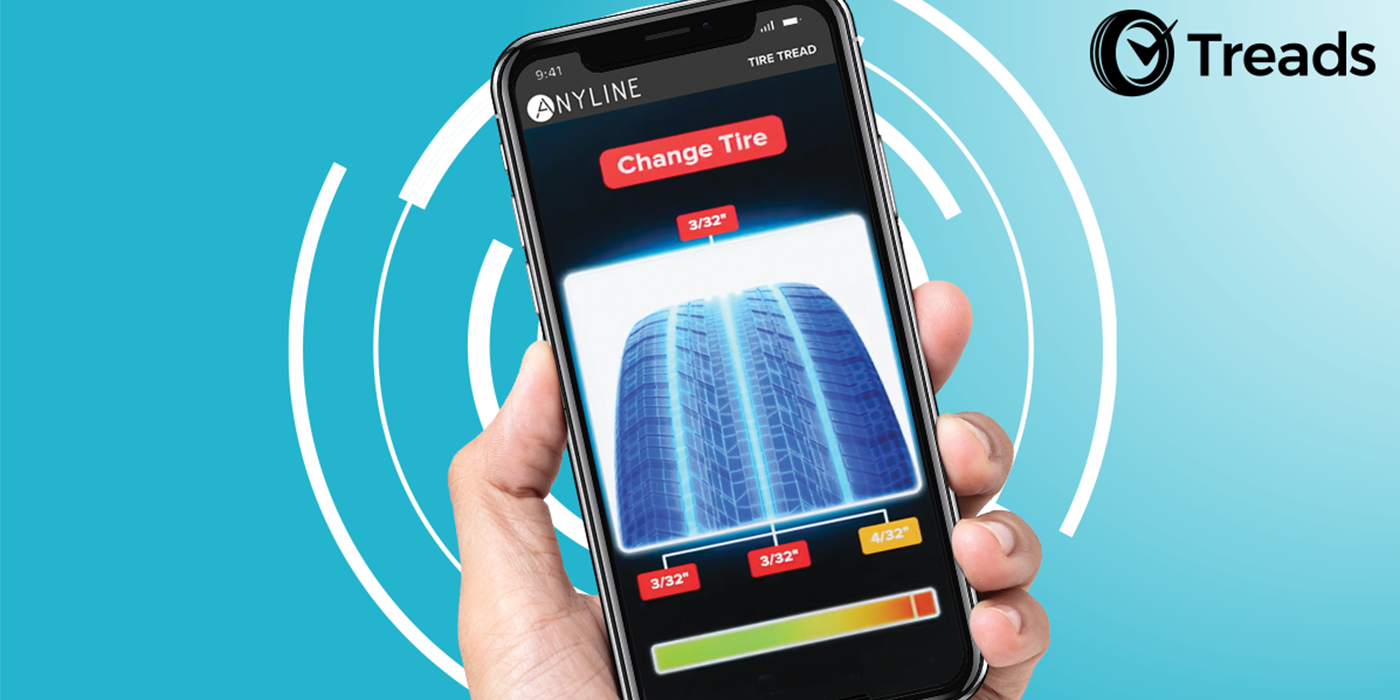Recently, I received an article from four-day workweek proponent Thomas Michael Hogg; not only was Thomas quoted generously in the feature, but the commentary was totally aligned with what Thomas believes CEOs must do right away. This Herman Trend Alert will examine the necessity for CEOs to rethink their workforce models and cultures. Given the current workforce crisis, this transformation is possibly a matter of survival.
A True (and Sad) Story
Today, I went into my local branch of a major national bank. Not only was the manager gone, but my private banker was “no longer with the bank,” and all the desks (except one) were empty. The teller who helped me was the branch manager from another branch who shared that he had “volunteered” to help. Failing the bank’s ability to find personnel, it will close that branch. This failure to recruit staff is playing out in many types of service businesses from shortening hours to closing for whole days. The Great Resignation is a too-true reality in 2021.
Seeking Life-Work Balance
The Novel Coronavirus Pandemic has highlighted many missing elements in the lives of today’s employees. One of those absent essentials was real life-work balance. (I use “life-work balance,” instead of “work-life balance” because for today’s younger workers life comes first.) According to CEO World, the most successful business models must deliver not only customer and shareholder value, but also employee value, as well. This perspective is what led me to write my new book “Experience Rules: How Positive Experiences Will Drive Profit Into The Future.” However, because of having ignored the vital employee piece of the equation, we have seen increasing burnout, chronic stress and mental health issues being commonplace. Moreover, not surprisingly, this lack of attention to employee welfare has led directly to The Great Resignation.
Much of It is About the Benefits
I was not surprised to learn that often workforce benefits in the U.S. compare to those in developing countries, rather than other developed countries: relatively few vacation days, unpaid maternity leave, insufficient insurance and lack of job stability are all common issues. Though good benchmark models may be found at large and modern companies like Google, Zappos and Salesforce, they are notable exceptions. Most U.S. companies and SMEs have not given their employees these foundational benefits. Plus, for years, many business leaders have chosen to not pay people what they were worth. That underpayment is no longer possible – if companies want to optimize profit or in some cases, just stay in business.
The US Business Model Does Not Measure Up
The country is not the only high-income country to experience challenges competing with low-wage countries. However, investments in training and employment support, like those given to many German workers, provide the workforce and their families a much more stable environment.
A Depressing Comparison
According to the OECD*, German workers invest up to 20 percent fewer hours annually compared to their U.S. counterparts. German companies guarantee their workers paid annual leave of more than 25 days (excluding public holidays). In turn, employees give their organizations focused quality, innovation and financial performance. In spite of – or perhaps because of – this time off, the German business model produces the highest-ranking number of market leaders in their business sectors. No other country in the world boasts more than 1,400 companies leading their industries.
Giving Better Benefits is a Recipe for Success
Offering benefits including health insurance, sick pay, a 401(k) and unemployment insurance give employees the opportunity to feel secure and have a healthy work-life balance. In the past few years, German companies have experienced financial success, along with stable finances and reserves; thus, they able to better withstand the current crisis than their international counterparts. Especially with the current workforce challenges, the CEOs and company owners in the U.S., especially at small- and medium-sized businesses, have been challenged to design a more holistic model.
What Today’s Employees Are Looking For
If today’s CEOs are wanting productivity and profitable growth, they will need to attract top talent. Their problem will be that those talented people will ask for increasingly greater benefits. Here are some of the benefits workers are seeking from their employers: remote work, flexible hours, child-/pet-friendly policies, reduced overtime, more holidays, less business travel and financial wellness help are going to be critical factors influencing attraction, motivation and retention. By eliminating burnout and putting the wellbeing of employees first, these awakened CEOs will be rewarded with more focused quality, innovation and financial performance.
We Have Arrived
I used to say that being worker-centric would not be optional in the future. The future is here today. Business leaders no longer have a choice. Workers will simply not choose to work for companies that do not value them. Never in our lifetimes have business leaders been in such a serious position as they are now. Ignore this advice at your peril.
* Founded in 1961 to stimulate economic progress and world trade, the Organization for Economic Co-operation and Development (OECD) is an intergovernmental economic organization with 38 member countries.
Special thanks to Thomas Michael Hogg for calling my attention to this article. You can read the entire article for yourself here.
© Copyright 1998-2021 by The Herman Group, Inc. — reproduction for publication is encouraged, with the following attribution: From “The Herman Trend Alert,” by Joyce Gioia, Strategic Business Futurist. 1.336.210.3548 or https://hermangroup.com. To sign up, visit https://HermanTrendAlert.com. The Herman Trend Alert is a trademark of The Herman Group, Inc.”














